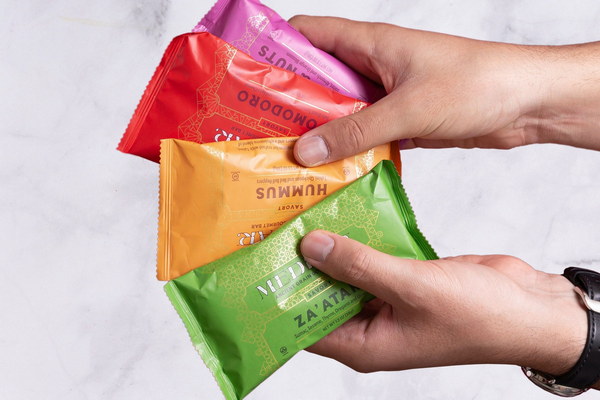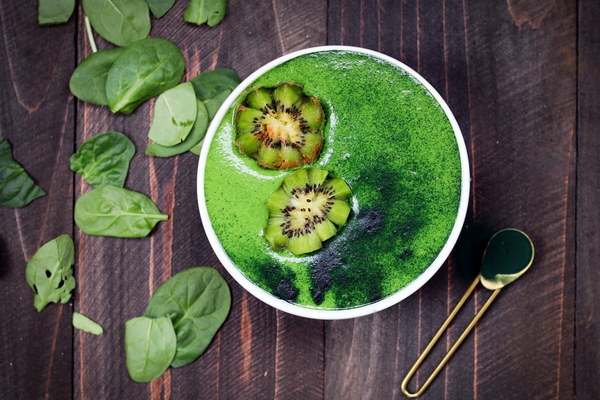Liver Protection How to Safeguard Your Liver from Alcohol Damage
Introduction:
Excessive alcohol consumption is a leading cause of liver disease, affecting millions of people worldwide. The liver plays a crucial role in filtering toxins from the bloodstream, but it can become damaged when overwhelmed by alcohol. This article explores effective strategies to protect your liver from alcohol-related damage and maintain its optimal health.
1. Limit Alcohol Intake:
The most straightforward way to safeguard your liver is to limit your alcohol consumption. The American Liver Foundation recommends that men consume no more than two alcoholic drinks per day, while women should limit themselves to one drink per day. By adhering to these guidelines, you can significantly reduce the risk of liver damage.
2. Choose Wisely:
If you do choose to drink, opt for beverages that are lower in alcohol content. For example, light beer and dry wines have fewer calories and alcohol than their stronger counterparts. Additionally, avoid mixing different types of alcohol, as this can lead to increased alcohol intake and exacerbate liver damage.
3. Stay Hydrated:
Alcohol is a diuretic, meaning it can cause dehydration. To counteract this, drink plenty of water throughout the day, especially before, during, and after drinking alcohol. Hydration helps to flush out toxins from the liver and reduce the risk of liver damage.
4. Eat a Balanced Diet:
A healthy diet can support liver function and help to mitigate the effects of alcohol on the liver. Incorporate a variety of fruits, vegetables, whole grains, lean proteins, and healthy fats into your meals. Some specific foods that can aid liver health include leafy greens, nuts, and seeds, which are rich in antioxidants.
5. Exercise Regularly:
Regular physical activity can improve overall liver function and help to reduce the risk of liver disease. Exercise increases blood flow, which promotes the delivery of oxygen and nutrients to the liver. Aim for at least 150 minutes of moderate-intensity aerobic exercise per week, along with muscle-strengthening activities.
6. Avoid Toxic Substances:
Certain substances can exacerbate liver damage when combined with alcohol. These include acetaminophen, certain prescription medications, and over-the-counter drugs. Always consult with a healthcare professional before taking any new medication, especially if you have a history of liver disease or excessive alcohol consumption.
7. Get Adequate Sleep:

Adequate sleep is essential for liver health. During sleep, the liver repairs itself and processes toxins. Aim for 7-9 hours of quality sleep per night to support liver function and overall health.
8. Seek Professional Help:
If you have concerns about your alcohol consumption or liver health, seek guidance from a healthcare professional. They can provide personalized advice and help you develop a plan to reduce alcohol intake or address any underlying liver conditions.
Conclusion:
Protecting your liver from alcohol damage requires a combination of lifestyle changes and awareness. By limiting alcohol intake, choosing wisely, staying hydrated, eating a balanced diet, exercising regularly, avoiding toxic substances, getting adequate sleep, and seeking professional help when needed, you can significantly reduce the risk of liver disease and maintain a healthy liver. Remember, taking care of your liver is an investment in your overall well-being and longevity.









